Search
Search within
1447 results found

Background report
Zika virus risk assessment in the WHO African Region: A Technical Report
This WHO Technical Report seeks to assess the risk of Zika virus outbreak by country in the WHO African region and the capacity to contain it from becoming an epidemic.

Evidence review
Psychosocial Support for Pregnant Women and for Families with Microcephaly and Other Neurological Complications in the Context of Zika Virus: Interim Guidance for Health-Care Providers
On 1 February 2016 WHO announced that a cluster of microcephaly and other neurologic disorders reported in Brazil is a Public Health Emergency of International Concern. Several countries have reported an increase in the incidence of cases of microcephaly and/or…
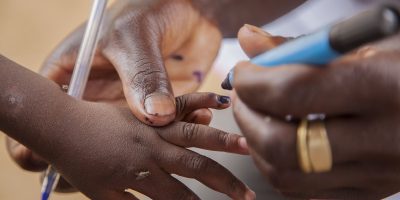
Background report
Mapping the Risk and Distribution of Epidemics in the WHO African Region: A Technical Report
This WHO Technical Report offers a comprehensive spatially defined database of outbreaks and epidemics, and delineates the ecological zones of diseases classified as Public Health Emergency of International Concern (PHEIC) and malaria.
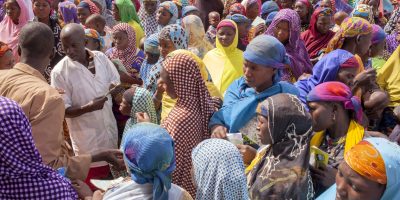
Evidence review
Open Mindsets: Participatory Leadership for Health
The importance of leadership in bringing about change to improve health and well-being is increasingly emphasized — especially with the shift to SDGs — and there is now a need and opportunity to act to strengthen leadership for health. In…
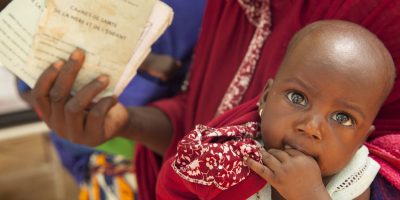
Evidence review
Guideline: Infant Feeding in Areas of Zika Virus Transmission
The purpose of this guideline is to provide a recommendation to guide governments, ministries of health,policy-makers and health-care workers in regions affected by transmission of Zika virus, in the development of local and national protocols and policies on infant feeding,…
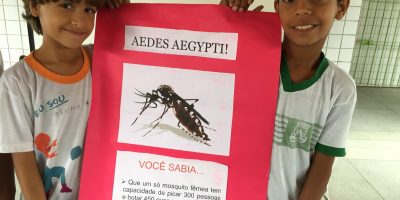
Tools
A toolkit for integrated vector management in sub-Saharan Africa
This toolkit for integrated vector management (IVM) is designed to help national and regional programme managers coordinate across sectors to design and run large IVM programmes. It is an extension of earlier guidance and teaching material published by the World…
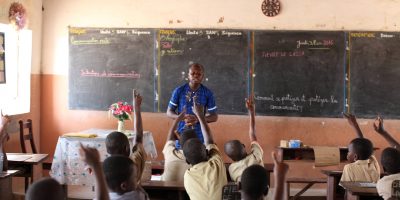
Evidence review
Guidance for Managing Ethical Issues in Infectious Disease Outbreaks
This guidance document on ethical issues that arise specifically in the context of infectious disease outbreaks aims to complement existing guidance on ethics in public health. It should therefore be read in conjunction with more general guidance on issues such…
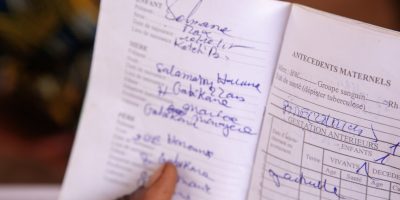
Article
Community mobilization and engagement accelerating ahead of yellow fever prevention campaign in Kinshasa
A statement from WHO on capacity-building and community engagement by district chief medical officers and community organisers in Kinshasa.
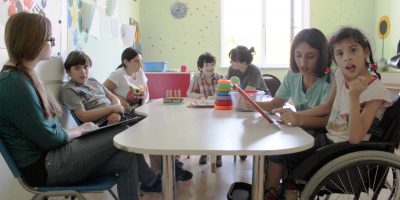
Briefing
Looking Beyond Prosthetics? Including People with Disabilities in Emergency Relief Efforts
As the rapid response briefing on “Including people with disabilities in emergency relief efforts” from IDS shows, emergencies have a disproportionate impact on those already marginalised by society, including people with disabilities and their families. For example, people with disabilities are…
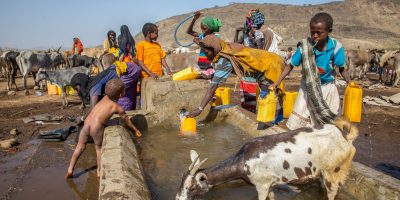
Briefing
Beyond Risk Factors: The All-Too-Human World of Zoonotic Pandemics
While we might enjoy the entertainment, in real life people prefer their experts to be optimists – which, fortunately, characterises most of us working in the world of global health, even when working in very adverse and trying circumstances. We…
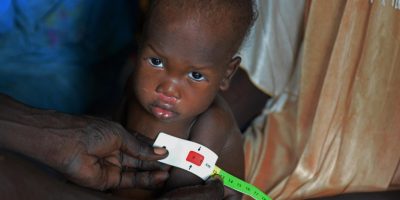
Briefing
Healthcare Innovations Won’t Cure Global Health Inequality – Political Action Will
Boosting developing nations’ access to medical advances is top of the agenda at Berlin’s World Health Summit, but will it improve healthcare for the poorest?
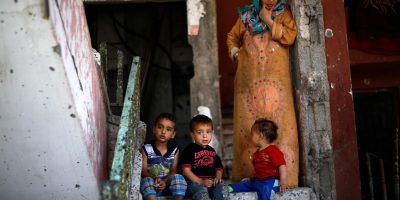
Briefing
Disability in Conflict Zones: ‘I told my wife to take the children and run’
Being caught in a humanitarian crisis with a disability can lead to abandonment and neglect. How can we make humanitarian response more inclusive? hen the shooting started Simplice Lenguy told his wife to take their children and run. It was…


